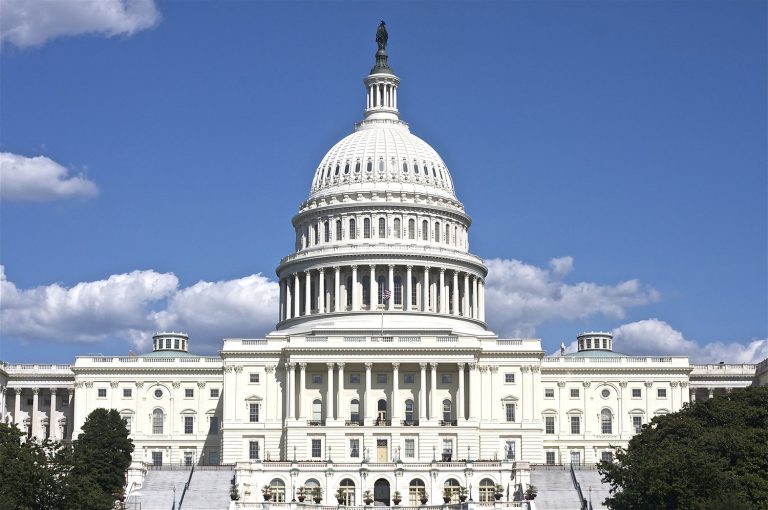The veteran religious writer notes:
Religious conservatives applauded Johnson’s election (October 25), after which he brought his Bible to the podium before taking the oath of office. “The Bible says very clearly that God is the one who exalts those in authority…each one of you, all of us,” he said.
“Someone asked me today in the media, ‘People are curious, what does Mike Johnson think about any issue?'” Johnson said (October 26) in an interview with Fox News. “I said, ‘Well, go get a Bible off your shelf and read it.’ This is my view of the world.
But progressive religious leaders are sounding the alarm over Johnson’s opposition to LGBTQ rights and his rallying of Republicans around former President Donald Trump’s legal effort to overturn the 2020 election results. And, more largely, they worry about Johnson’s “desire to impose his narrow religious view on the rest of us,” in the words of Paul Raushenbush, president of the Interfaith Alliance, a broad coalition of progressive religious groups.
Johnson’s hometown in Louisiana: The new speaker is from Shreveport, a “small town disguised as a city” driven by faith and family, according to The Washington Post Molly Hennessy-Fiske.
THE Job The writer interviews Johnson’s mother in this article which characterizes the area this way:
The Ark-La-Tex region of northwest Louisiana, which includes Johnson’s hometown, is full of historic black and white churches, closer to Arkansas, Texas and the rest of the Bible belt than the rest of the state. It is often overshadowed by the flashier cities of the South: New Orleans and the state capital, Baton Rouge. The idea that one of his sons would now be second in line to the presidency was greeted with joyful surprise in many quarters. But opinions are divided over whether his rise will benefit all residents, who remain divided, like much of the country, along ideological and racial lines.
Politics and politics: “The new Speaker of the House has placed his faith at the center of his political career and aligned himself with a new cohort of conservative Christianity that some characterize as Christian nationalism. »
This is the summary of New York Times’ Annie Karni, Ruth Graham and Steve Eder.


